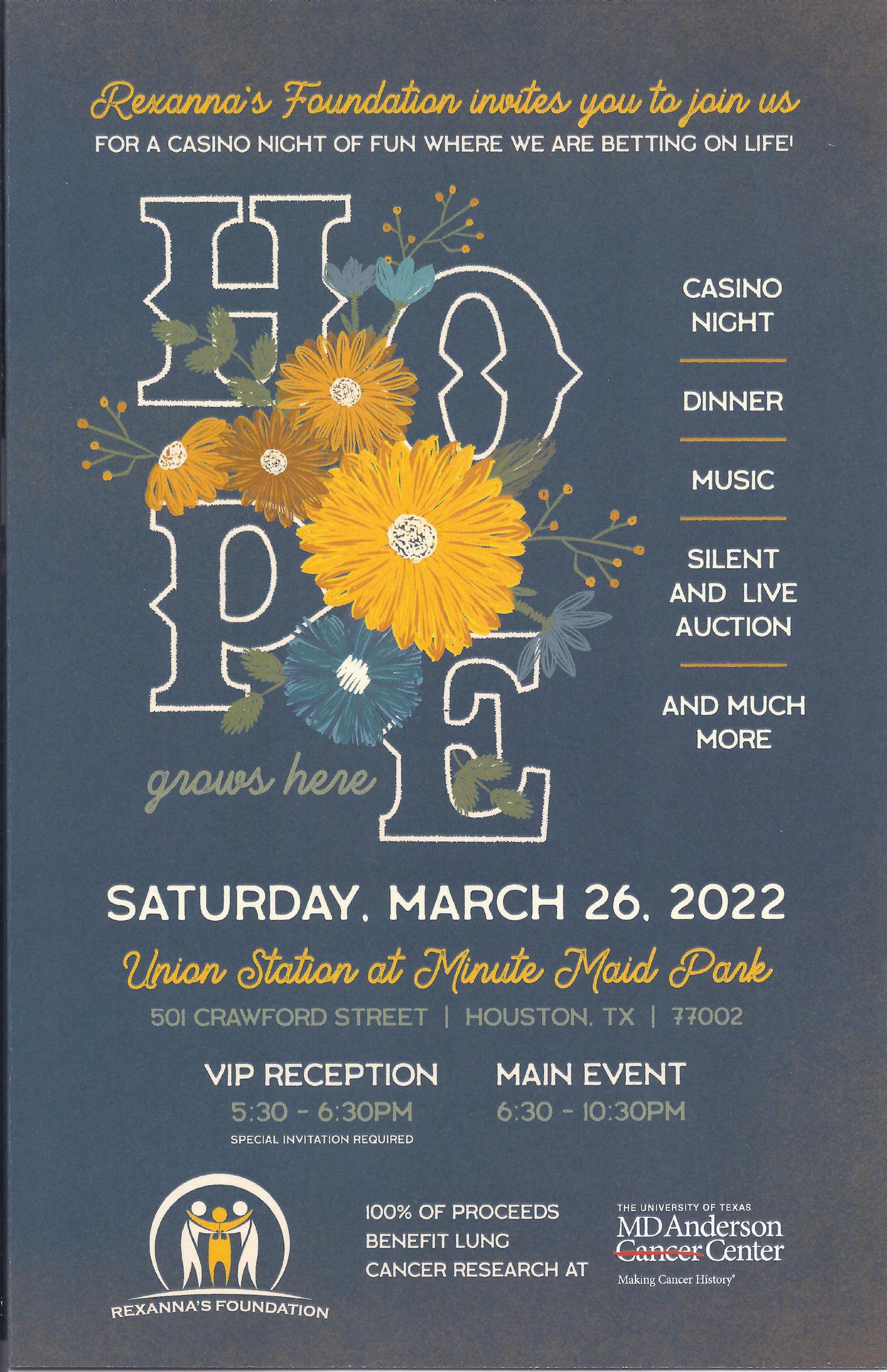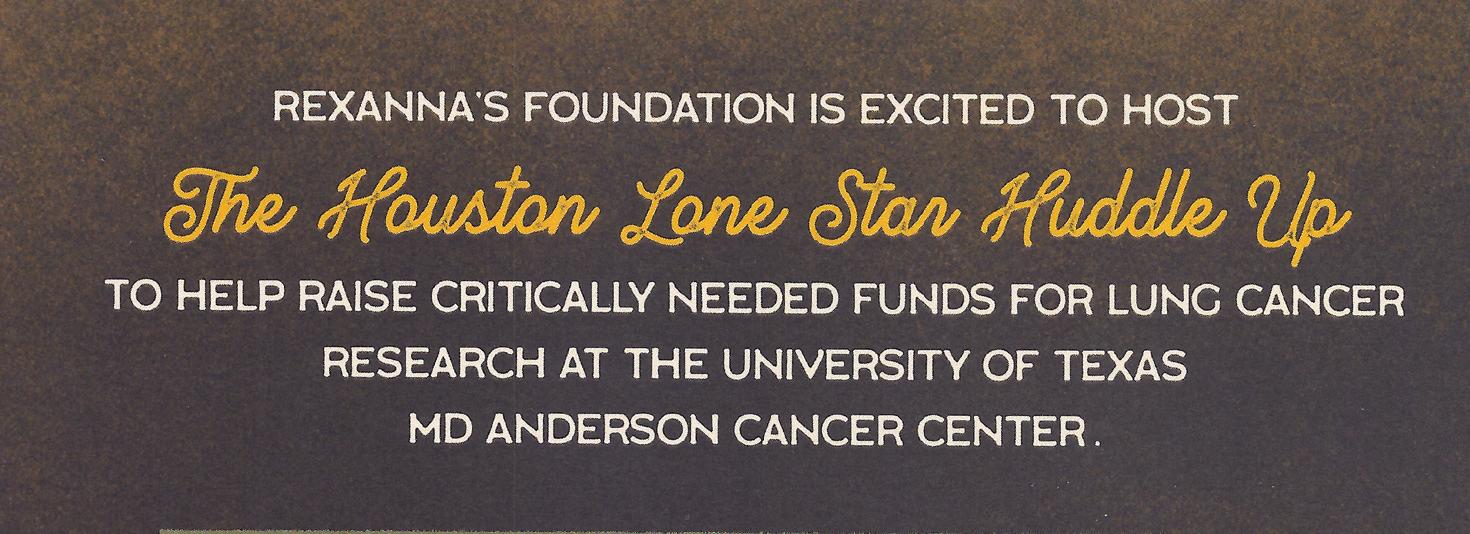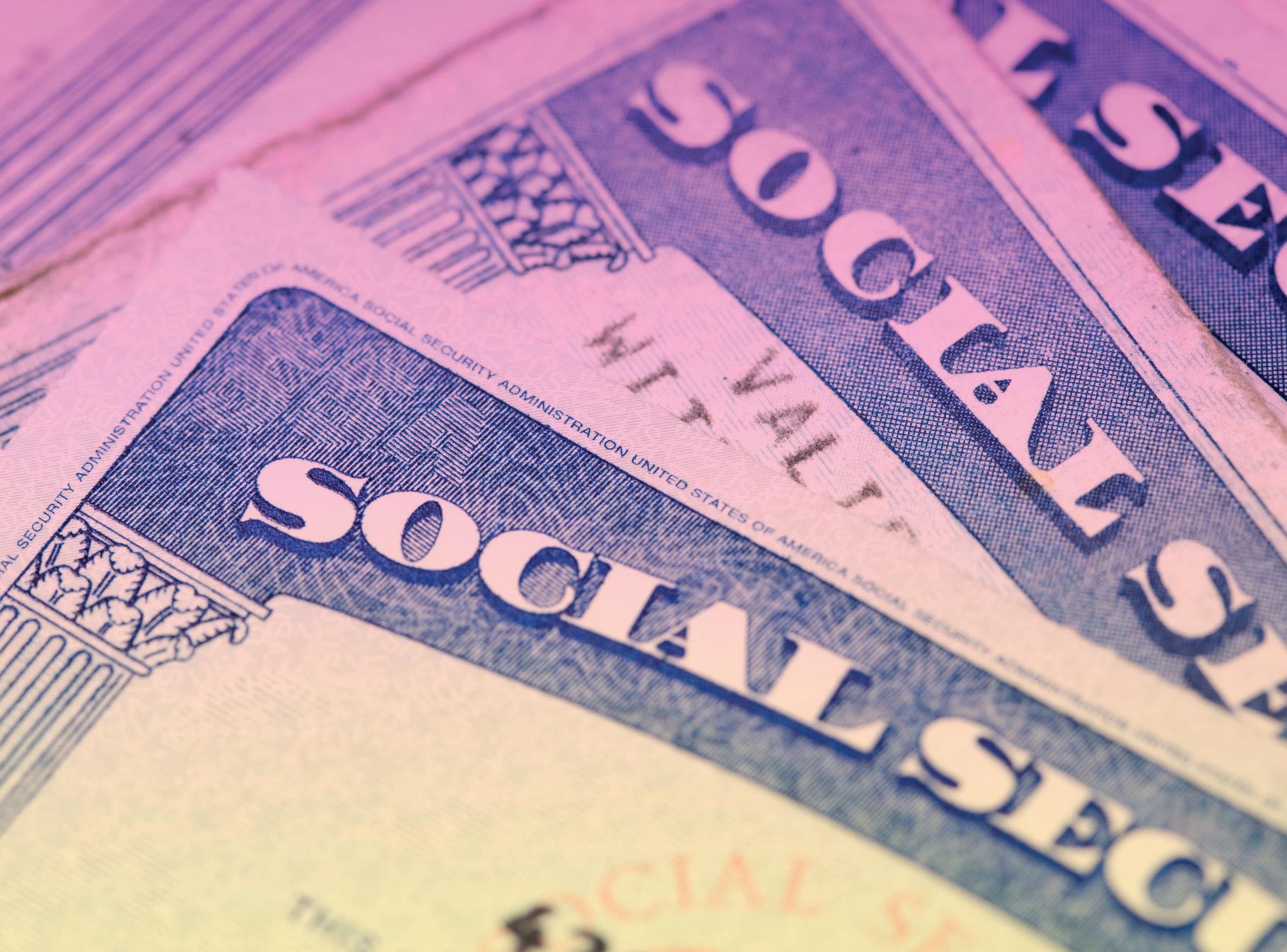
7 minute read
NEWS
from MARCH 2022
A Ruling for Financial Equity
Survivor benefits are now available to LGBTQ couples.
By RYAN M. LEACH
Qualifying LGBTQ people are now eligible to access the Social Security survivor benefits of their deceased partners, thanks to changes made by the Biden administration. This change comes on the heels of a November 2021 move by the administration to drop Trump-era court appeals aimed at reversing a pro-equality federal ruling. Biden officials are now siding with two unmarried individuals who were previously denied access to their benefits due to a long history of federal LGBTQ discrimination.
“This has been a long time coming, and it is news that should be celebrated!” says Grace Yung, a certified financial planner with Midtown Financial Group and the financial columnist for Outsmart. “Having worked with both opposite-sex and same-sex couples over the years, we are not that different from each other. We are all human beings who live and love. Why should LGBTQ+ individual relationships mean any less in the eyes of the law? They shouldn’t. Kudos to Lambda Legal for laying the groundwork for this change, and to the Biden administration.”
The decision in November 2021 by the Justice Department and the Social Security Administration to drop the Trump-era appeals against the favorable federal court ruling paved the way for individuals to receive these benefits.
The legal journey for these federal court cases started when Lambda Legal filed two class-action lawsuits on behalf of two couples in 2018. The law in question required that in order for a surviving spouse or partner to collect survivor benefits like Social Security, they would have had to have been married for at least nine months. For many same-sex unmarried couples, this would have been impossible due to the federal ban on recognizing same-sex marriage. Lambda Legal claimed that the history of unlawful discrimination now requires the government to make whole those couples who would have otherwise been eligible for spousal benefits.
“We have all heard stories or have friends who have been in relationships for 20, 30 and 40-plus years, where one partner dies and the surviving spouse is left (in most cases, unfortunately) with only memories and no financial support [from Social Security benefits] based on their deceased partner’s work history. That is not right, and I am glad we are finally moving in the right direction,” says Yung. This change will have a significant impact on the lives of many in the LGBTQ community. According to Yung, the average survivor benefit is $1,250 a month. That amount can help someone afford a safe place to live, pay for medications, and buy groceries. This will in turn have a positive impact on the quality of life for those individuals.
“Folks who can prove they were in longterm committed relationships—who lived together or owned property together, relied on each other for financial support, raised children together, or held a commitment ceremony—can apply, and have the ability to appeal if denied,” says Yung.
It is important to note that surviving partners are not required to have been legally married in order to access these benefits, because people in states like Texas were not allowed to get married before marriage equality became the law of the land.
“As long as they are able to prove they had been in a long-term committed relationship, they have a chance and should apply,” Yung emphasizes.
Surviving partners who think they are eligible can contact the Social Security Administration directly. “The SSA has trained staff to work with LGBTQ+ folks to determine whether or not they qualify. Lambda Legal is also a great resource, as they are leading this campaign. And lastly, it would be a good idea to also reach out to get help from a certified financial planner who is well versed in LGBTQ+ needs and issues,” Yung suggests.
For more info on the survivor benefits ruling, visit Lamda Legal at tinyurl.com/57654f2j
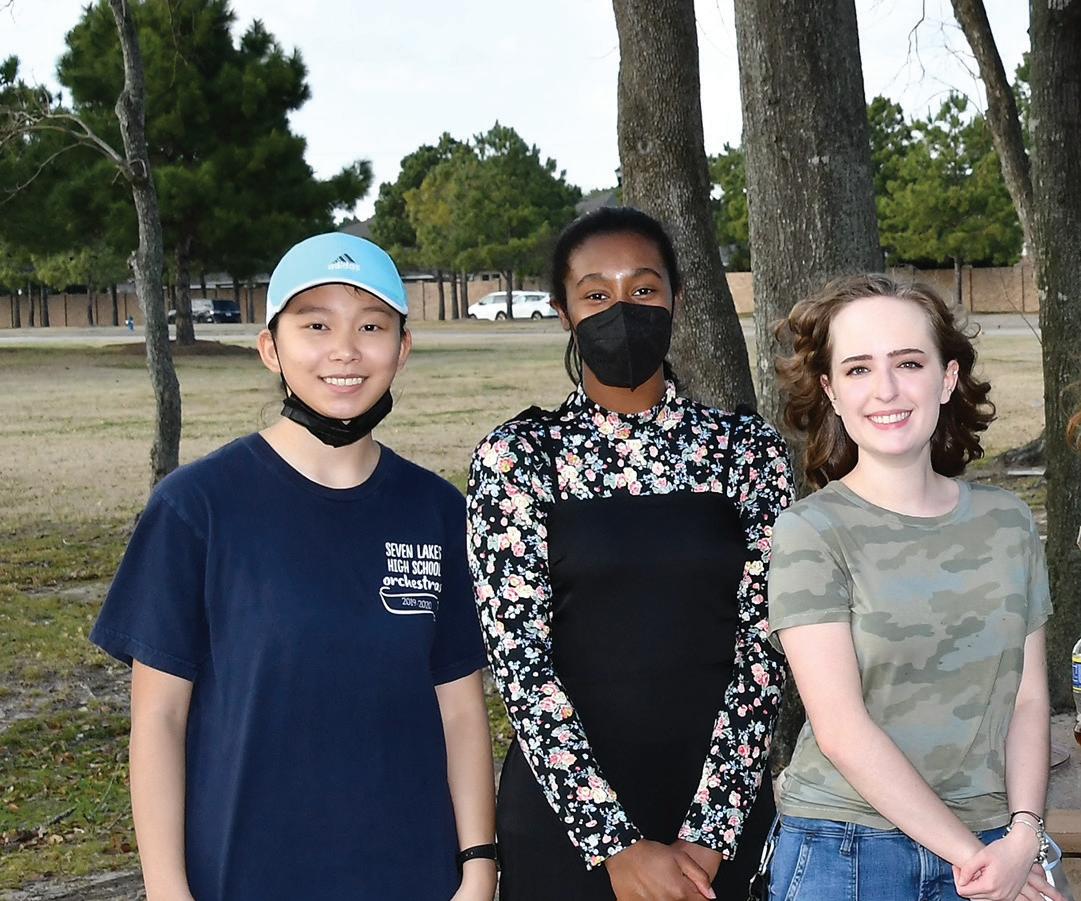
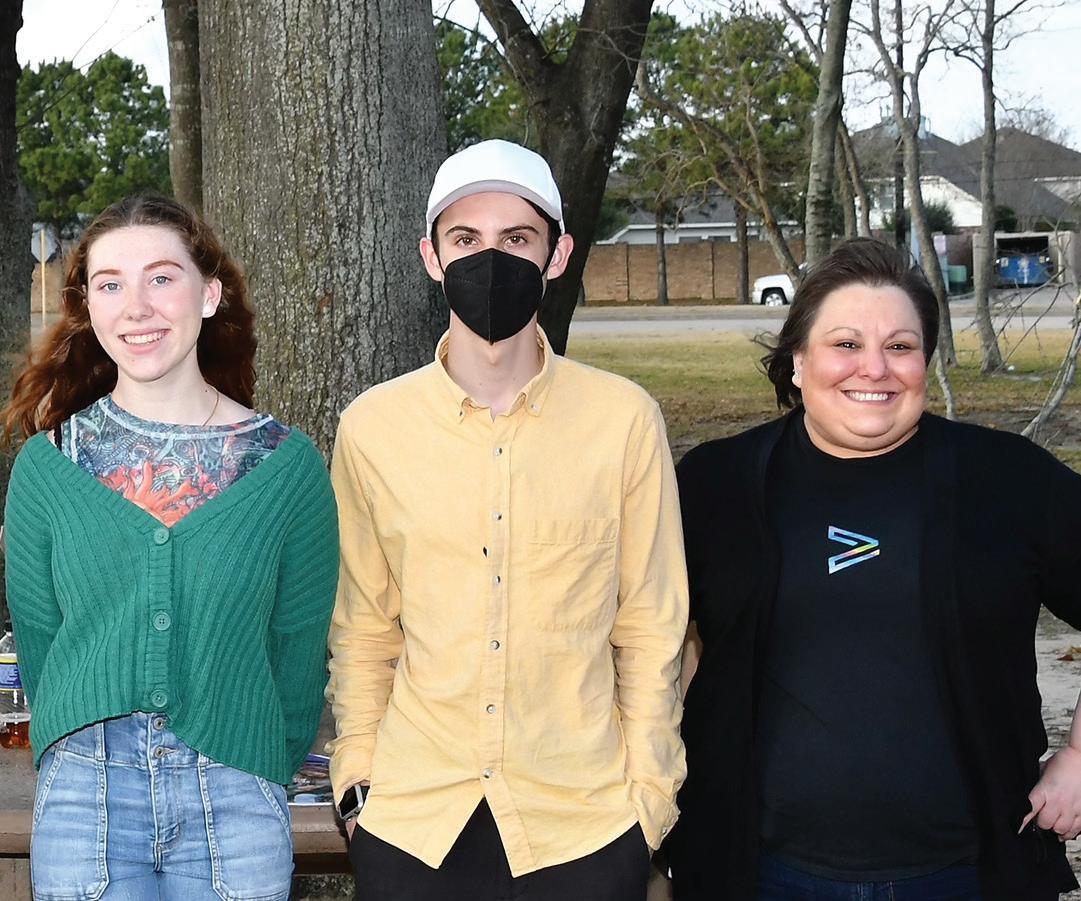

Katy Student Groups Rally to Protest Book Ban
Advocates host Katy ISD FReadom week.
By LOURDES ZAVALETA | Photo by DALTON DEHART
Exploring LGBTQ-a rming content on the internet, in fi lms, and in literature was an important part of 17-year-old Cameron Samuels’ journey to self-acceptance.
Samuels tells OutSmart that Katy ISD is limiting access to these crucial resources. A majority of queer websites are blocked on the district’s internet server, and at least nine books that discuss gender, sexuality, or race have been banned from school libraries. Parents are notifi ed when students check out young-adult books that might touch on these issues.
“This prevents students from accessing the content they require to support themselves,” says Samuels, a Seven Lakes High School senior who uses they/them pronouns. “When they don’t have access to this, it can often make them feel like they’re alone or not supported.”
To combat censorship within the district, Samuels and other students partnered with Voters of Tomorrow Texas to host the Katy ISD FReadom Week. From February 22 to the 25th, hundreds of copies of Beloved by Toni Morrison and Maus by Art Spiegelman were distributed to students at four Katy ISD high schools during after-school club meetings.
Following the book distributions, the week-long event concluded with students and community members speaking out about the pro-equality values of Voters of Tomorrow by addressing Katy ISD leaders at the district’s board meeting on February 28.
“Voters of Tomorrow chose [Beloved and Maus] because they have been banned in school districts around the country,” Samuels explains.
Beloved tells the story of a family of former slaves whose Cincinnati home is haunted by a vengeful spirit, while Maus depicts the experiences of a Polish Jew and Holocaust survivor.
“As a national nonprofi t focused on engaging, empowering, and representing youth activists, Voters of Tomorrow is deeply concerned with this recent wave of book banning, especially in regards to books addressing racism, the Holocaust, LGBTQ+ issues, and reproductive rights,” Voters of Tomorrow said in a statement.
While Beloved and Maus have not been banned by Katy ISD, Grace Dehner, the out communications director at Voters of Tomorrow, believes it is benefi cial for students to have access to these novels because they give them the opportunity to understand different points of view.
“A lot of the time, we are so wrapped up in our own identity that we fail to consider di erent perspectives. Having access to books with diverse topics helps us broaden our horizons,” Dehner says. “Breaking those barriers [created by our limited] vision helps us become a more sensitive and inclusive society.”
During the Katy ISD FReadom Week, students passed out books, voter registration information, and mental-health resources, in ➝
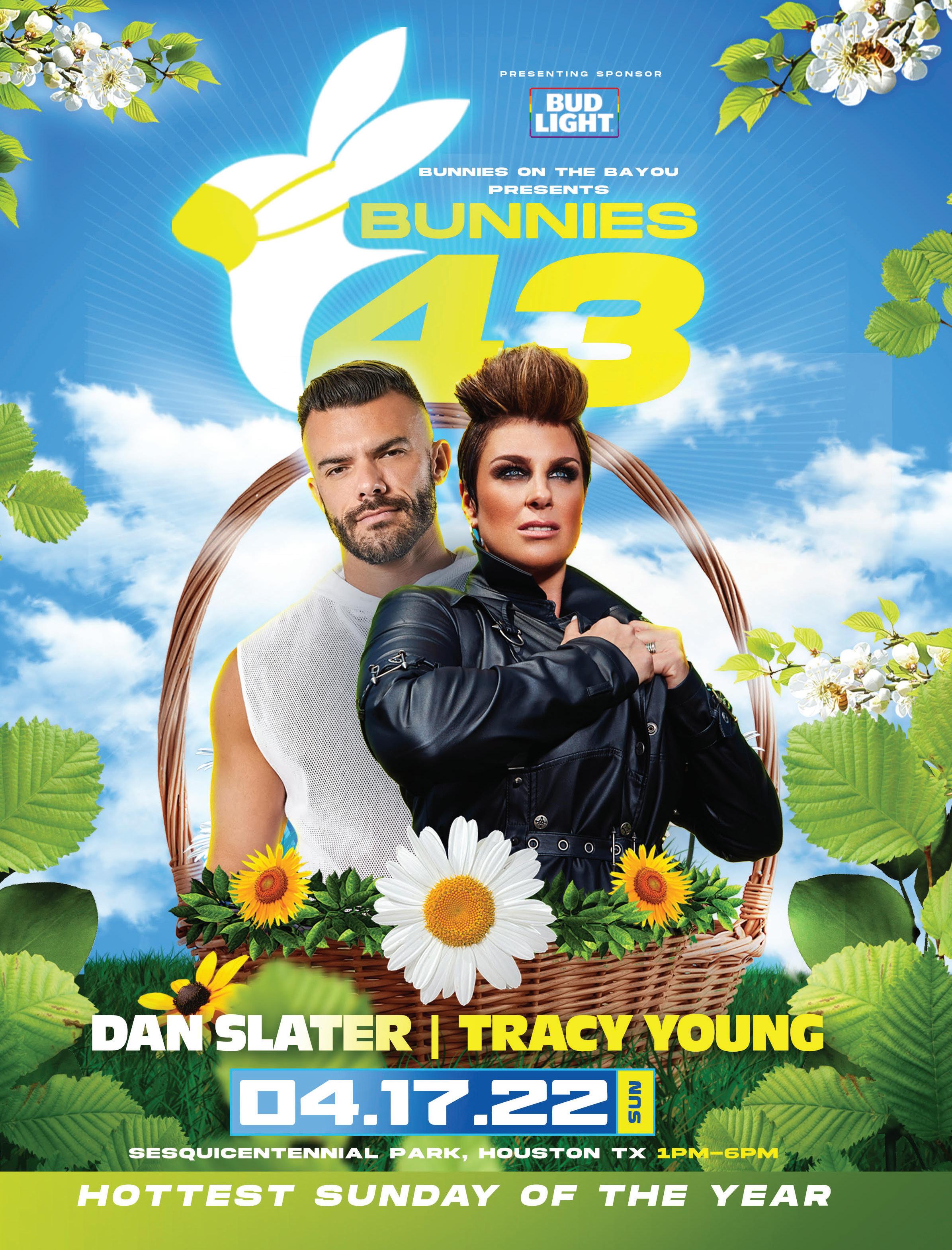
addition to presenting a slide show informing others about why censorship is harmful and the benefits of seeing affirming representation in the media.
“It’s not only about education, but also validating [students’] identities,” says Seven Lakes High School junior Cynthia Zhang, who passed out books. “In many books, we only see certain races, sexualities, and time periods. We’re not always able to relate to them. Reading modern books about teens with different races and sexualities helps us much more.”
Zhang, an Asian American who identifies as bisexual, says having access to relatable media content allowed her to understand and express herself without shame.
“I’ve been able to validate my sexual orientation and not feel weird about it. I’m happy to know there are other Asian American people like me who are openly out,” she says.
Katy ISD Board of Trustees candidate Dr. Eliz Markowitz has been advocating for the rights of LGBTQ students.
“Having resources available for students to

identify with is imperative for them to grow as human beings and know that they are not alone,” she says. “It’s affirming for them to know that there is nothing wrong with who they are.”
Markowitz, who grew up in Katy during the 1980s and ’90s, found her experience as an LGBTQ student to be difficult. Despite the district’s many conservative leaders, she’s hopeful that today’s queer youth can make a difference.
“I’m so proud of these students for taking an active role in local politics,” she says. “To see them stand against the politicization of human sexuality, race, and other factors fills me with hope for the future. These kids have pure hearts and truly want to make a meaningful change for everyone.”

